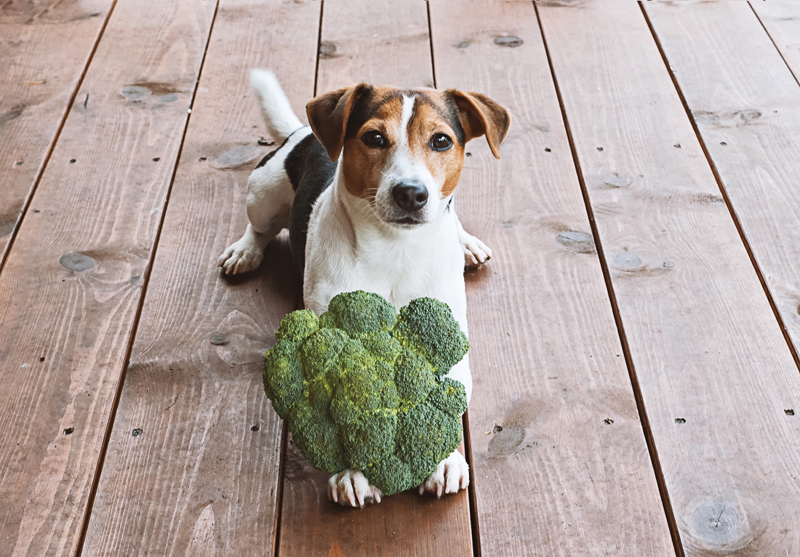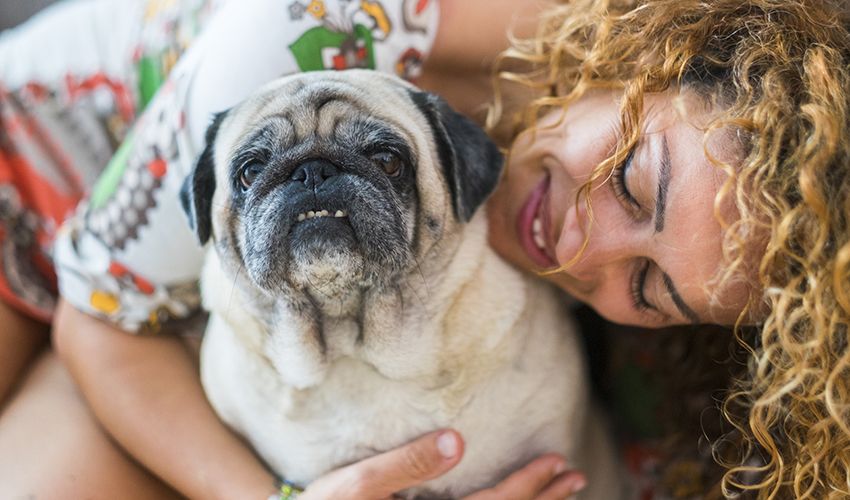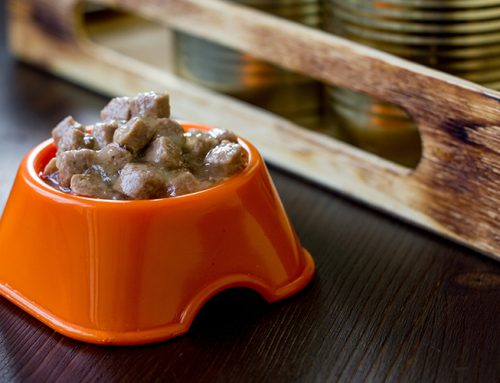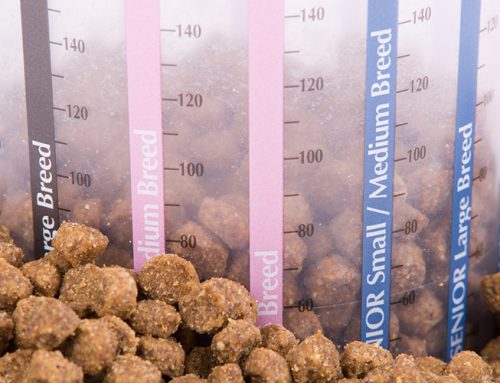Those ‘80s commercials about how “milk does a body good” really stick with a person. Humans have been encouraged to drink their milk, and get their calcium, for decades. Calcium helps teeth and bones stay healthy.
“Calcium is needed for our heart, muscles, and nerves to function properly and for blood to clot,” according to the Osteoporosis and Related Bone Diseases National Resource Center from the National Institutes of Health. “Inadequate calcium significantly contributes to the development of osteoporosis. Many published surveys show that low calcium intake throughout life is associated with low bone mass and high fracture rates.”
Seniors and teenagers have the highest recommended calcium intake needs. So, you might be thinking your dog also needs to up its calcium intake as it gets older and hits its senior years. On average, dogs aged seven to nine years old are considered seniors.
While it’s a logical leap, dogs actually don’t need more calcium as they get older. Most dogs get sufficient amounts from their food (if it’s labeled “complete and balanced”). Commercial foods marked “complete and balanced” contain the recommended levels of calcium (about 0.6 percent of their total diet) based on guidelines from the Association of American Feed Control Officials. Calcium is considered a necessary mineral for dogs and they can continue to eat it throughout their lifespan.
Other sources of calcium your dog might love or be eating are:
- Broccoli
- Kale
- Dark leafy greens (chard etc.)
- Meat
- Ground bone
- Regular bones
- Eggshells (or eggshell powder)

“[Calcium] plays an important role in such diverse and vital functions including muscle contraction, the transmission of nerve impulses, blood clotting, and bone growth,” write vets Kristiina Ruotsalo and Margo S. Tant for VCA Hospitals.
“As well as supporting their teeth and bone health and helping their blood clot properly, calcium helps your dog’s muscles lengthen and contract, and plays an important part in essential processes in your dog’s cells,” according to an article titled Calcium Mythbuster on Tails.com. “Too much calcium can cause your dog to develop problems like kidney stones.”
If you feed your senior dog a special home-cooked diet in order to entice it to eat, you should consult with your vet or a dog nutritionist to make sure your dog is getting sufficient calcium. Senior dogs can be challenging to feed if they’ve lost their appetites, so if you’ve had to make major changes to your dog’s diet or take them off commercial food, it’s important not to forget calcium. The medical term used for low levels of calcium in the blood is hypocalcemia.
Your vet may recommend a calcium supplement if your dog specifically has a calcium deficiency. It’s not impossible for a calcium deficiency to occur. If a dog is coming from a rescue situation, it might not have gotten adequate nutrition at various stages in its growth.
- poor growth
- weakness or lethargy
- muscle tremors or twitching
- bone and joint problems
- stress fractures
- convulsions
“Pets with abnormally low calcium levels often show signs of muscle twitching, loss of appetite, weakness, and listlessness,” writes Ruotsalo and Tant. “In severe cases, pets may suffer convulsions or seizures.”
Calcium levels can be assessed with a blood test at the vet. Additional testing for kidney, pancreas, digestive system and parathyroid glands health may also be required.
“One of the more common reasons dogs could be lacking calcium is due to kidney failure,” according to the National Animal Supplement Council’s website. “When the kidneys are not working properly, they throw off the calcium/phosphorus balance in the blood resulting in increased phosphorus and kidney enzyme levels.”






